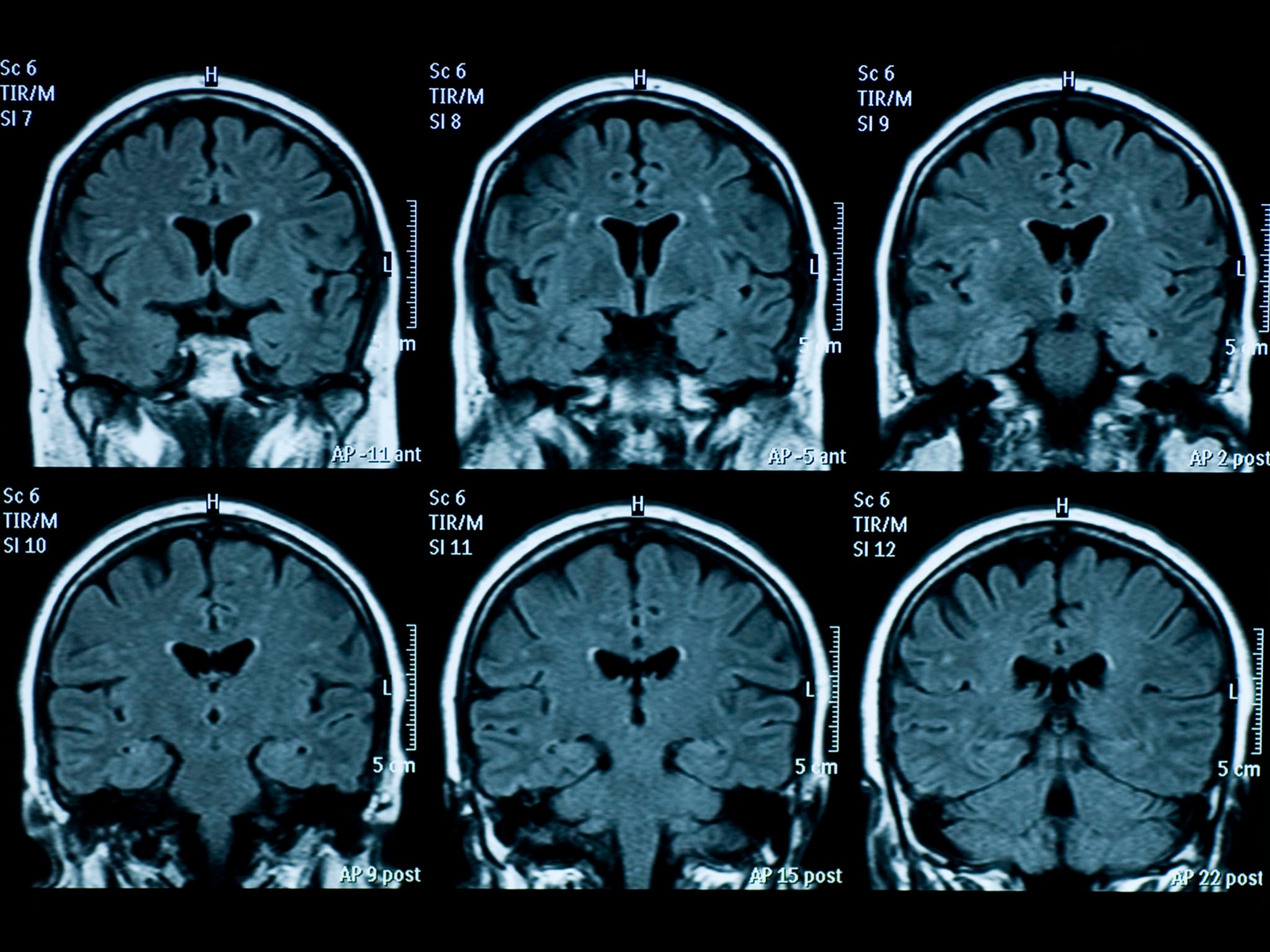Cancer drug could help Parkinson’s disease sufferers
Nilotinib appears to help increase dopamine levels in the brain and reduce concentration of neurotoxic proteins

Scientists may have discovered a way to stabilise Parkinson’s disease using a drug commonly prescribed to cancer patients.
An experimental clinical trial, carried out by Georgetown University Medical Centre, has shown the cancer drug nilotinib appeared to help increase dopamine levels in the brain and reduce the concentration of neurotoxic proteins.
The drug, normally used to treat chronic myeloid leukemia, also helped arrest the motor control decline associated with Parkinson’s disease.
The trial used 75 patients with an average age of 68.4 with moderately advanced Parkinson’s disease and stable symptoms. They were randomly split into three groups of 25 who either received a placebo, 150mg or 300 mg of nilotinib.
To ensure the study did not suffer bias neither the participants or the investigators knew what was being administered until the end of the study, which lasted for 15 months.
Clinical outcomes were measured at six, 12 and 15 months and compared to the start of the trial and published in Jama Neurology.
The study found less than one-third of participants taking the drug had reduced levels of two types of toxic proteins associated with Parkinson’s disease, while more than 50 per cent had significant increases in dopamine.
All study groups seemed to improve on motor testing at six months, however, those on placebo and 300mg remained stable at 12 and 15 months, while the 150mg group improved between the start and end of the trial.
Georgetown neurology professor Fernando Pagan, said: “We see that subjects on nilotinib performed better overall on motor testing and had a better quality-of-life measurement during the study than the placebo group.
“These are important observations suggesting that nilotinib stabilised the disease – a potential disease-modifying effect that we haven’t observed with any other agents.
“These clinical findings need confirmation through larger studies with more diverse populations.”
While approved for use in cancer patients nilotinib does have a warning for sudden death due to a risk of it impacting on normal cellular functions. This study was designed to show the drug was safe by using lower doses.
The research team suggested the results showed this was the case.
Roger Barker, professor of clinical neuroscience and honorary consultant neurologist at the University of Cambridge, said: “This drug has been tried before in a trial in Parkinson’s disease and associated dementia with hard to interpret effects.
“This new trial was more rigorous and suggests that the agent may have some disease modifying effects given the reported changes in protein and dopamine levels.
“However, ultimately such an effect will have to be shown clinically for it to be meaningful and this will require bigger studies with longer follow up.”
Subscribe to Independent Premium to bookmark this article
Want to bookmark your favourite articles and stories to read or reference later? Start your Independent Premium subscription today.

Join our commenting forum
Join thought-provoking conversations, follow other Independent readers and see their replies